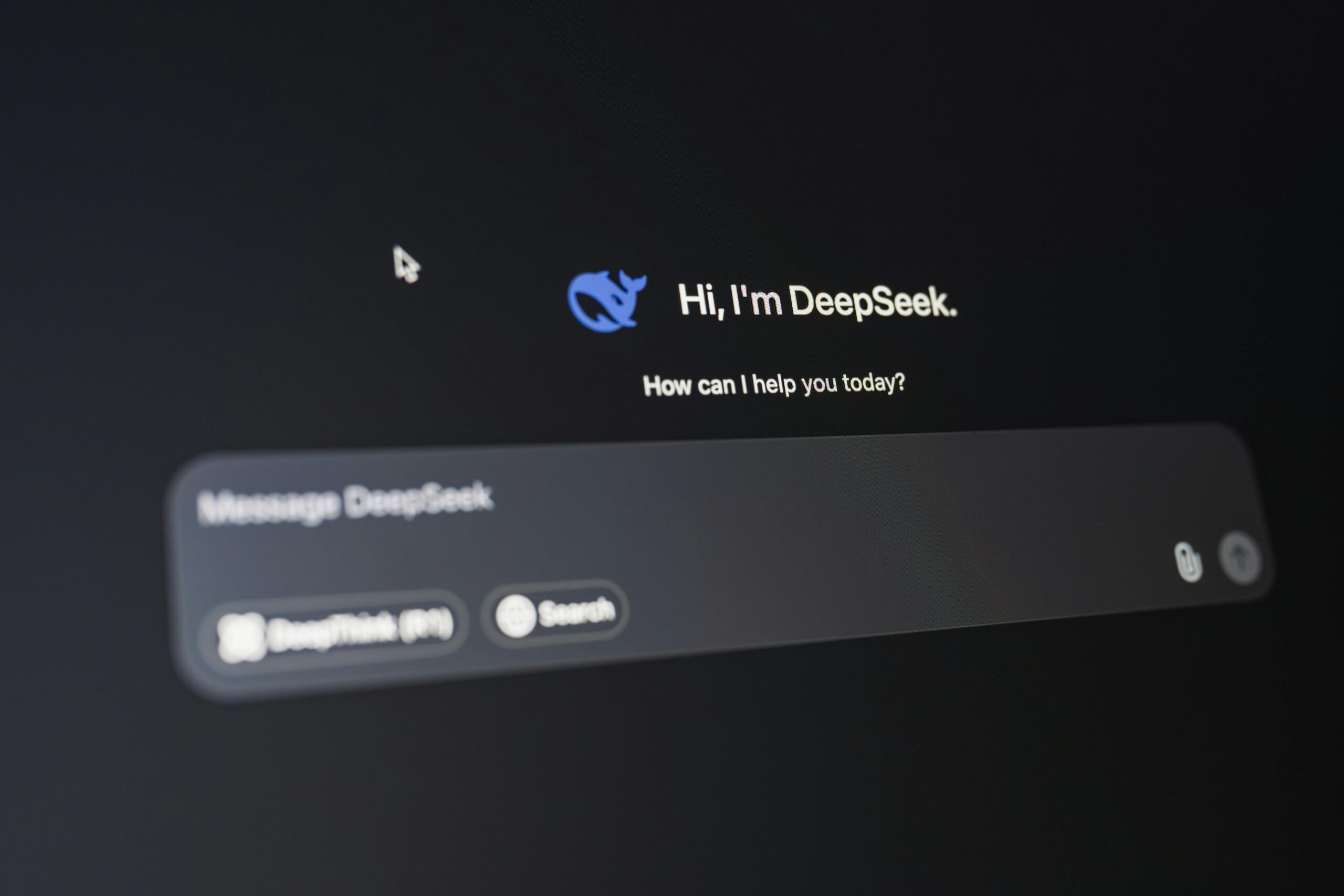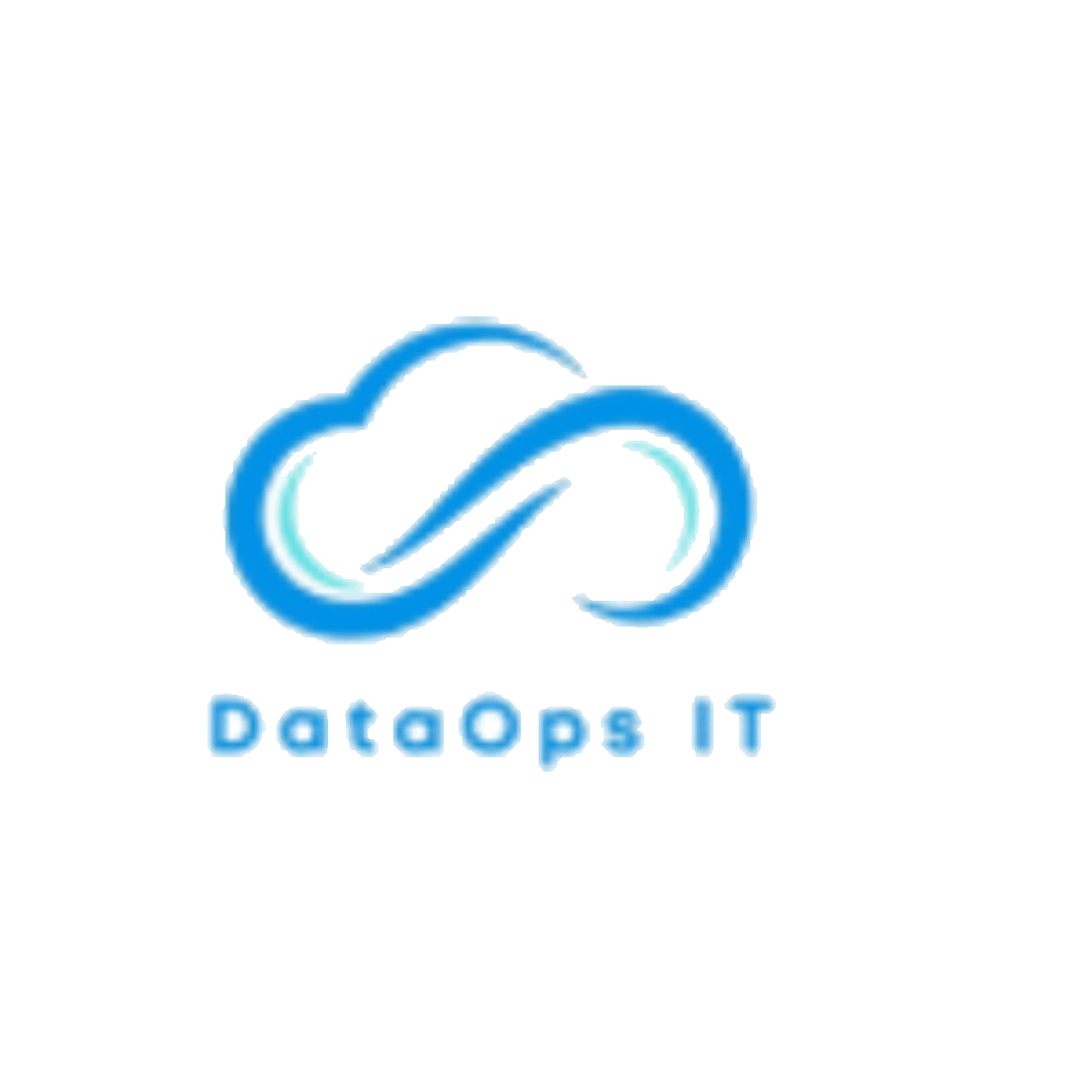ChatGPT vs Claude vs Gemini – DataOps IT

If you’re only using one AI chatbot, you’re missing out.
AI tools have evolved rapidly, and if you’ve been using just one—like ChatGPT—you might think it’s the best option out there. While it’s true that ChatGPT is a powerful all-rounder, it’s no longer the only game in town.
Over the last year, I’ve spent a lot of time exploring different generative AI tools, learning how each one behaves, what it’s best at, and where it falls short. And the truth is—no one model is perfect for everything. Depending on your industry, workflow, and goals, another model might be better suited for you.
Let’s explore the three most popular AI chatbots today—ChatGPT, Claude, and Gemini—and understand when and why you should use each.
ChatGPT: The Versatile Powerhouse
ChatGPT is the most widely known and used large language model (LLM), developed by OpenAI. What makes it so popular is its ability to do a lot of different tasks reasonably well. Whether you’re writing content, summarizing data, brainstorming ideas, or even creating images, ChatGPT is ready to go.
It supports text, image, audio, and browsing, making it a truly multimodal assistant. If you’re using the Plus plan, you get access to GPT-4, which comes with advanced capabilities like memory, better reasoning, and support for tools and custom GPTs.
So, when should you choose ChatGPT?
If you’re looking for a general-purpose assistant that can help with both creative and technical tasks, ChatGPT is your best friend. It’s great for writers, marketers, startup founders, students, and professionals across industries.
Typical Use Cases:
- Turning a rough Notion doc into a polished guide
- Summarizing competitor websites or reports
- Generating cold outreach emails or content ideas
- Writing code snippets or debugging
One of the best things about ChatGPT is how fast and intuitive it feels. You can have a conversation, feed it documents, and even ask it to create images or browse the internet for fresh information.
But it’s not perfect. The free version still runs on GPT-3.5, which is significantly less powerful than GPT-4. And even the latest models still make factual errors or misinterpret your intent, so you still need to apply human judgment.
Still, for most day-to-day tasks, ChatGPT remains a top choice.
Claude: The Context Master
Next up is Claude, developed by Anthropic. While ChatGPT is known for its flexibility, Claude stands out for its ability to handle massive amounts of text with deep understanding.
Claude is built to be safe, helpful, and honest. It has a calm, conversational tone and is excellent for long-form tasks. If you’re in industries like education, legal, or research, Claude might be the best tool for your needs.
Its biggest advantage? Claude can handle over 200,000 tokens of input, which means you can upload entire books, lengthy legal documents, or massive research files, and it won’t miss a beat.
Ideal Use Cases:
- Analyzing long contracts or legal documents
- Breaking down complex academic papers into social media posts
- Turning lengthy scripts or texts into code or action items
Claude feels more thoughtful than ChatGPT. It responds with caution, considers your intent, and provides structured answers, especially when accuracy is crucial.
That said, it does come with limitations. Claude doesn’t currently support image or audio generation, and it may feel slower when you need fast, creative outputs. It also tends to be more conservative in tone, which can be a pro or con depending on your audience.
For professionals who need depth, accuracy, and high-context analysis, Claude is a strong contender—maybe even better than ChatGPT in those specific areas.
Gemini: The Google-Connected Collaborator
Then there’s Gemini, formerly known as Bard, developed by Google.
Gemini is Google’s answer to GPT and Claude, and it’s particularly appealing for those who are embedded in the Google Workspace ecosystem. If you’re using Gmail, Docs, Sheets, and Google Search every day, Gemini might be the most seamless option for you.
The strength of Gemini lies in its tight integration with Google tools and its ability to handle multimodal input—text, image, audio, and even video—together. It’s especially useful for team collaboration and design workflows.
Common Use Cases:
- Summarizing long email threads and documents
- Drafting blog posts with embedded images or charts
- Collaborating on Docs in real-time with contextual suggestions
One standout feature of Gemini is its ability to pull insights from your Gmail or Docs in real time, which makes it ideal for busy professionals who are constantly juggling files, emails, and documents.
But just like the others, Gemini has its own drawbacks. While it boasts a 1 million-token context window, that feature is still in preview, and the overall user experience isn’t always as polished as ChatGPT. Outside the Google ecosystem, its power feels a little limited.
Still, if you’re someone who lives and works in Google tools all day long, Gemini can be a true productivity booster.
So, Which One Should You Use?
Now that we’ve broken them down, you might be wondering—which is the best? The answer depends on your specific needs.
Here’s a quick summary to help:
| Use Case | Best AI Model |
| Everyday content, coding, and idea generation | ChatGPT |
| Legal, policy, or deep research work | Claude |
| Working inside Google Workspace | Gemini |
Still not sure? You don’t have to choose just one. Many professionals switch between these tools depending on the task.
For example, you might write a rough draft using ChatGPT, have Claude review a technical report, and use Gemini to integrate it into your Docs workflow. It’s all about finding the right tool for the right job.
Final Thoughts
The world of AI is moving fast, and each platform—ChatGPT, Claude, and Gemini—offers unique strengths. Instead of sticking to one, consider experimenting with all three. You’ll find that your productivity, accuracy, and creativity all improve when you leverage the best tool for the task at hand.
So, are you ready to upgrade your AI game?
Because these aren’t just chatbots anymore—they’re your new collaborators.

